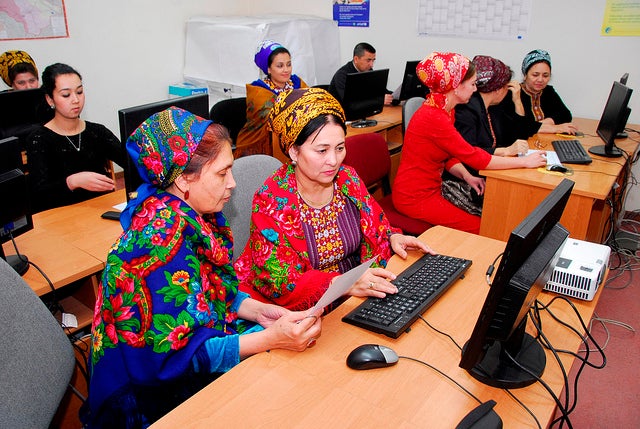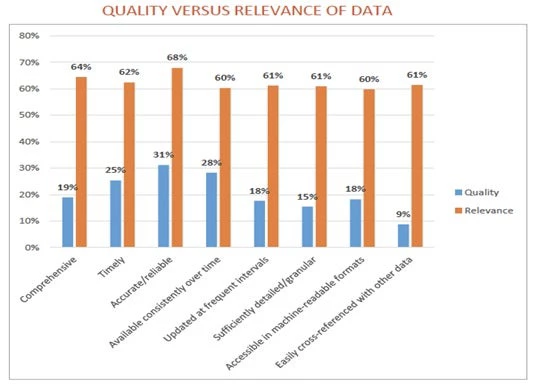
In the fiscal transparency arena, people often hear two conflicting claims. First, governments complain that few people take advantage of fiscal information that they make publicly available. Many countries - including fragile and low-income countries such as Togo and Haiti – have been opening up their budgets to public scrutiny by making fiscal data available, often through web portals.
Increasing the supply of fiscal information, however, often does not translate to the adequate demand and usage required to bring some of the intended benefits of transparency such as increased citizen engagement, and accountability. Providing a comprehensive budget dataset to the public does not guarantee that citizens, Civil Society Organizations (CSOs) and the media will start digging through the numbers.
Rather, promoting an enabling environment conducive to greater use of fiscal data and to increased public engagement in the budget process is an issue that requires careful consideration and planning.
Second, civil society groups often complain that the information governments do make publicly available is not detailed or useful enough. For example, despite South Africa’s regularly high scores on the Open Budget Index, CSOs working in the sanitation and education sectors report that they find little useful information in the government’s budget documents.
In order to shed light on this mismatch, the International Budget Partnership (IBP) and the World Bank teamed up to conduct a global survey of CSOs that use budget information for analysis and advocacy. The survey aimed to generate a better understanding of:
- how CSOs globally use budget information;
- the challenges they face when accessing it;
- and the improvements CSOs would like to see in the way governments disseminate it.
- Producing budget infographics and data intermediation services by groups like the Expert Group in Moldova and BudgiT in Nigeria.
- Producing reports and analysis on government budget proposals by groups such as the Centre on Budget and Policy at the University of Dhaka and FUNDE in El Salvador.
- Producing more detailed reports on specific policy areas and programs such as those on agricultural subsidies by Fundar in Mexico and those on school funding by the Accountability Initiative in India.
CSOs rated the accessibility of fiscal information both in terms of the effectiveness of government disclosure practices and the relevance of the disclosed information. From the results, a serious “fiscal transparency effectiveness gap” emerged (see below). The gap is particularly large when it comes to the need to cross reference financial information with performance indicators.

Finally, some of the most common obstacles that groups faced were that budget information was not machine readable, scattered among many sources, and that governments provided little guidance on where to find it.
The study concludes that there is demand from civil society for improved and better-organized budget information , and great opportunities for governments to stimulate more meaningful use of such information. Some of these are relatively simple, such as releasing more local-level and sector-specific information and publishing data in machine-readable formats.
Others are more complicated, such as the release of facility-level information and sector performance indicators, and allowing for cross-referencing different types of data.
Government capacity and willingness to respond to these demands will inevitably vary across countries, depending on a range of political and technical factors.
We hope that the findings from this project will contribute to promoting useful country-level debates and inspire further research which will eventually help to establish a more conducive environment for more effective public participation in the budget process.
What do you think? Tell us in the comments.
Suggested tweets
- How can govts bridge the gap between budget data producers and users? #goodgov
- Greater use of fiscal data can increase public participation. Read how
- Demand 4 gov data is high but govts can improve quality of their disclosed data #goodgov
- Govts have opportunities to stimulate meaningful use of open budget info #goodgov



Join the Conversation